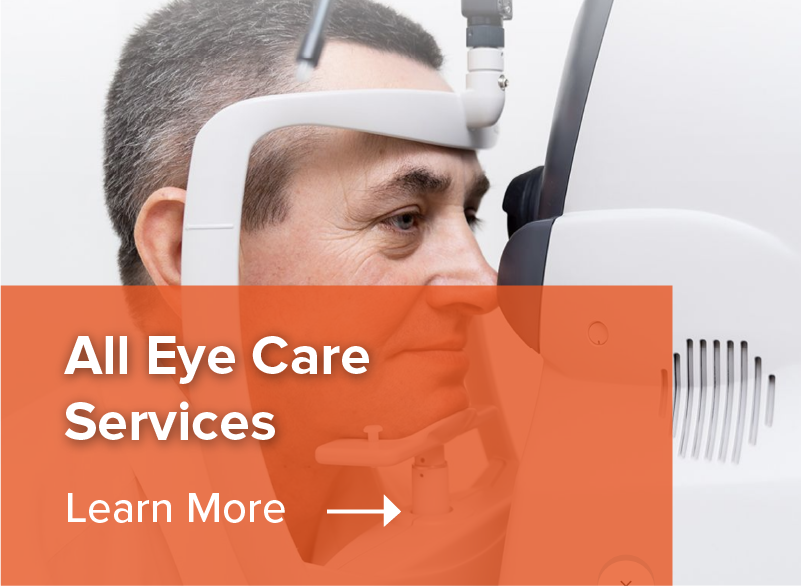In the realm of health and well-being, eye allergies are a common nuisance that affects a significant portion of the population. These allergies can be attributed to a variety of factors, such as dust, pollen, pet dander, or certain types of makeup. The symptoms often include itching, redness, and a burning sensation in the eyes, not to mention the potential harm to one’s vision.
In the face of such discomfort, finding relief becomes a priority. This is where optometrists come into the picture. As professionals specialized in eye health, they play a pivotal role in diagnosing and managing eye allergies. But what exactly is their role, and how do they go about it?
What is the Role of Optometrists in Healthcare?
In the broad spectrum of healthcare, optometrists hold a unique position. Their primary role is to examine the eyes for both vision and health problems, and correct refractive errors by prescribing eyeglasses and contact lenses. However, their role extends beyond mere vision correction.
Optometrists are often the first healthcare professionals to detect chronic systemic diseases such as diabetes and high blood pressure, thanks to the comprehensive eye exams they conduct. They play a crucial role in the diagnosis and management of ocular diseases like glaucoma and macular degeneration.
Optometrists and Allergy Testing
When it comes to allergies, particularly eye allergies, optometrists are the go-to professionals. They have the necessary knowledge and tools to conduct comprehensive eye exams and pinpoint the cause of your discomfort. This involves a detailed patient history, visual acuity testing, and thorough examination of the eye’s external and internal structures.
During the examination, optometrists look for specific signs of allergies such as conjunctival swelling, eyelid swelling, and excess tear production. They may also use specialized equipment to magnify the structures of the eye to look for further evidence of allergies.
How Optometrists Manage Eye Allergies
Upon diagnosing an eye allergy, optometrists don’t stop at merely identifying the problem. They also play a key role in managing these allergies. This typically involves prescribing medications to control symptoms, recommending specific over-the-counter eye drops, or, in severe cases, referring the patient to a specialist for further treatment.
Optometrists also provide advice on how to avoid the allergen causing the reaction. This may involve recommending changes in lifestyle or environment, or advising on the use of protective eyewear.
The Importance of Optometrists in Allergy Testing
Optometrists’ role in allergy testing is profoundly significant. Without their expertise, many eye allergies could go undiagnosed, leading to prolonged discomfort and potential harm to the patient’s vision. With their comprehensive eye exams, they can identify allergy symptoms early on and initiate appropriate management strategies.
Optometrists educate patients about the nature of their allergies, how to avoid triggering allergens, and how to manage symptoms at home. This patient education is an essential part of allergy management.
Symptoms of Eye Allergies That Optometrists Can Detect
Optometrists are trained to detect a wide range of eye allergy symptoms. The most common ones include red, itchy, and watery eyes, often accompanied by a burning sensation. Other symptoms might include swollen eyelids, sensitivity to light, or a feeling of grittiness in the eyes.
In more severe cases, optometrists can identify symptoms like blurred vision or even temporary vision loss. Through comprehensive eye exams, they can detect these symptoms and take appropriate measures to manage them.
Eye Allergy Management Strategies by Optometrists
To manage eye allergies effectively, optometrists employ a multifaceted strategy. This includes prescribing anti-allergy eye drops or oral medications to control symptoms. In cases where the allergen cannot be avoided, they might recommend immunotherapy, a treatment where the patient is gradually exposed to increasing amounts of the allergen to build tolerance.
Additionally, optometrists often recommend home care strategies such as using a cool compress to relieve itching and swelling or flushing the eyes with artificial tears to remove allergens. They might also advise on lifestyle changes like avoiding certain makeup products or keeping windows closed during high pollen seasons.
Why Choose Optometrists for Allergy Testing and Management
Choosing optometrists for allergy testing and management comes with a host of advantages. Not only are they trained to diagnose and treat eye allergies, but they also provide personalized care and advice tailored to each patient’s specific needs.
Optometrists also take a holistic approach to eye health, considering factors such as the patient’s overall health, lifestyle, and environmental conditions. This comprehensive approach ensures that the patient receives the best possible care for their eye allergies.
Conclusion
The role of optometrists in allergy testing and management is both critical and multifaceted. From diagnosis to treatment to patient education, they offer a comprehensive service that is pivotal in maintaining eye health. So, if you’re experiencing symptoms of eye allergies, don’t hesitate to seek professional help from an optometrist. Their expertise and personalized care will set you on the path to relief and recovery.
For more information on the role of optometrists in allergy testing and management, visit Medical Center Eye Associates at Coulter Drive Optical at our office in Amarillo, Texas. Please call (806) 545-9400 to discuss any questions with our team of experts or to schedule an appointment today.


